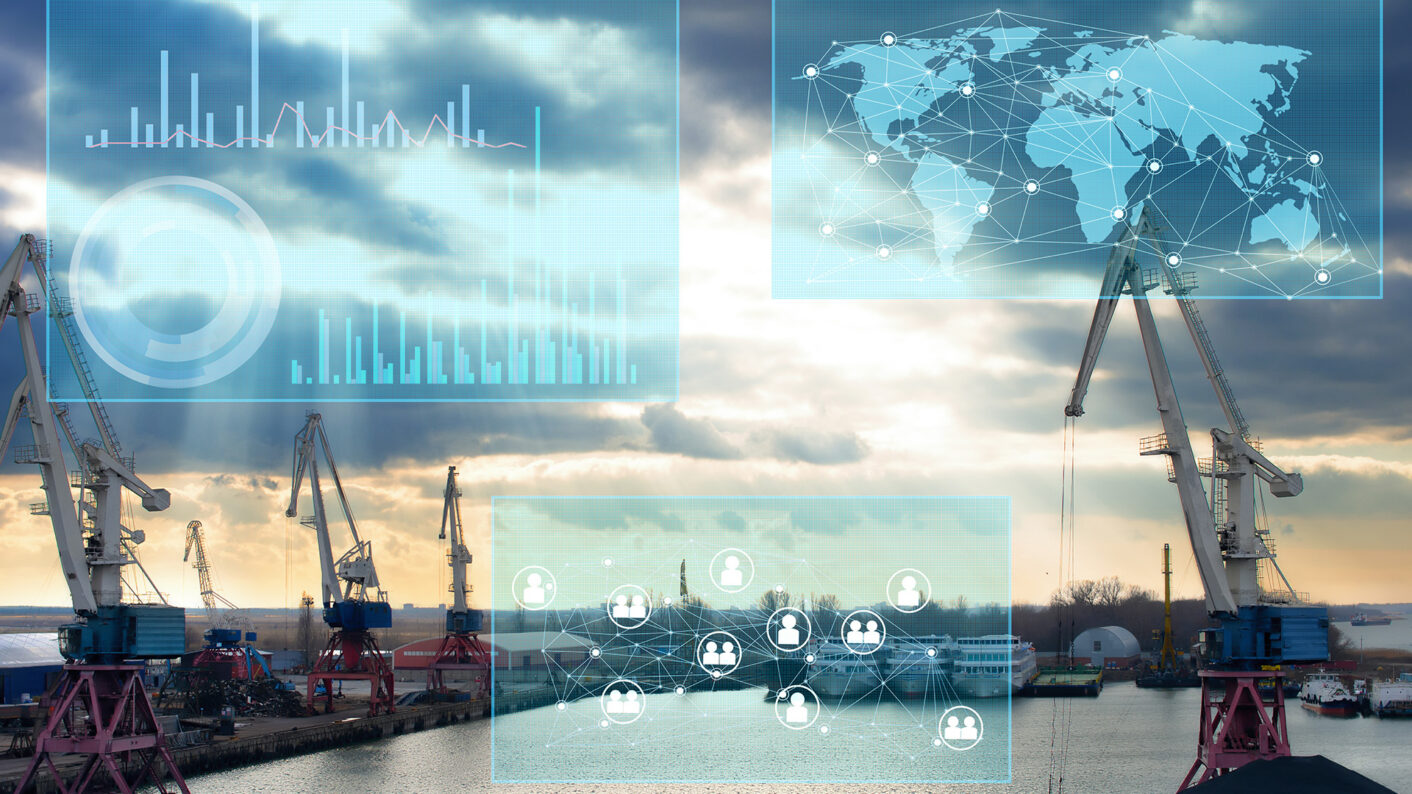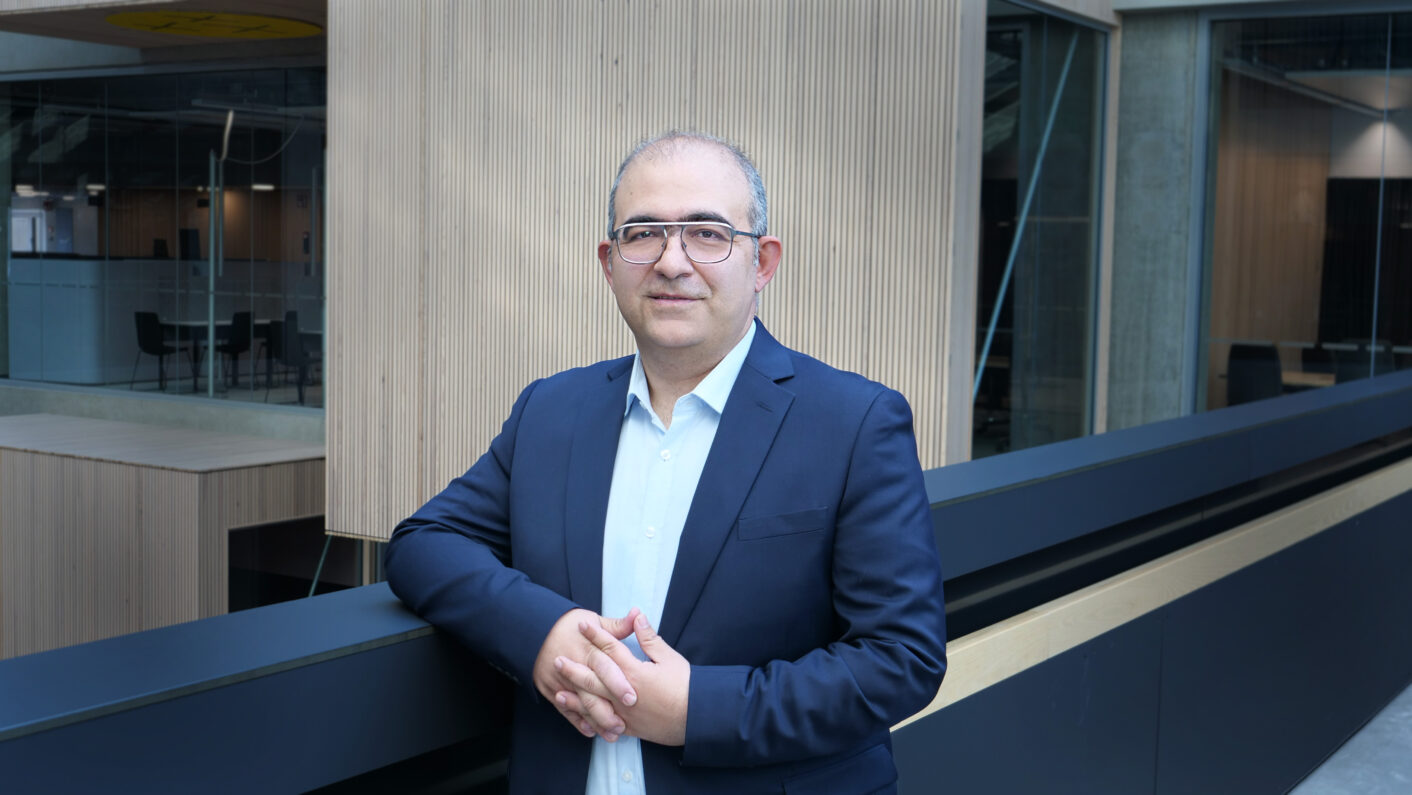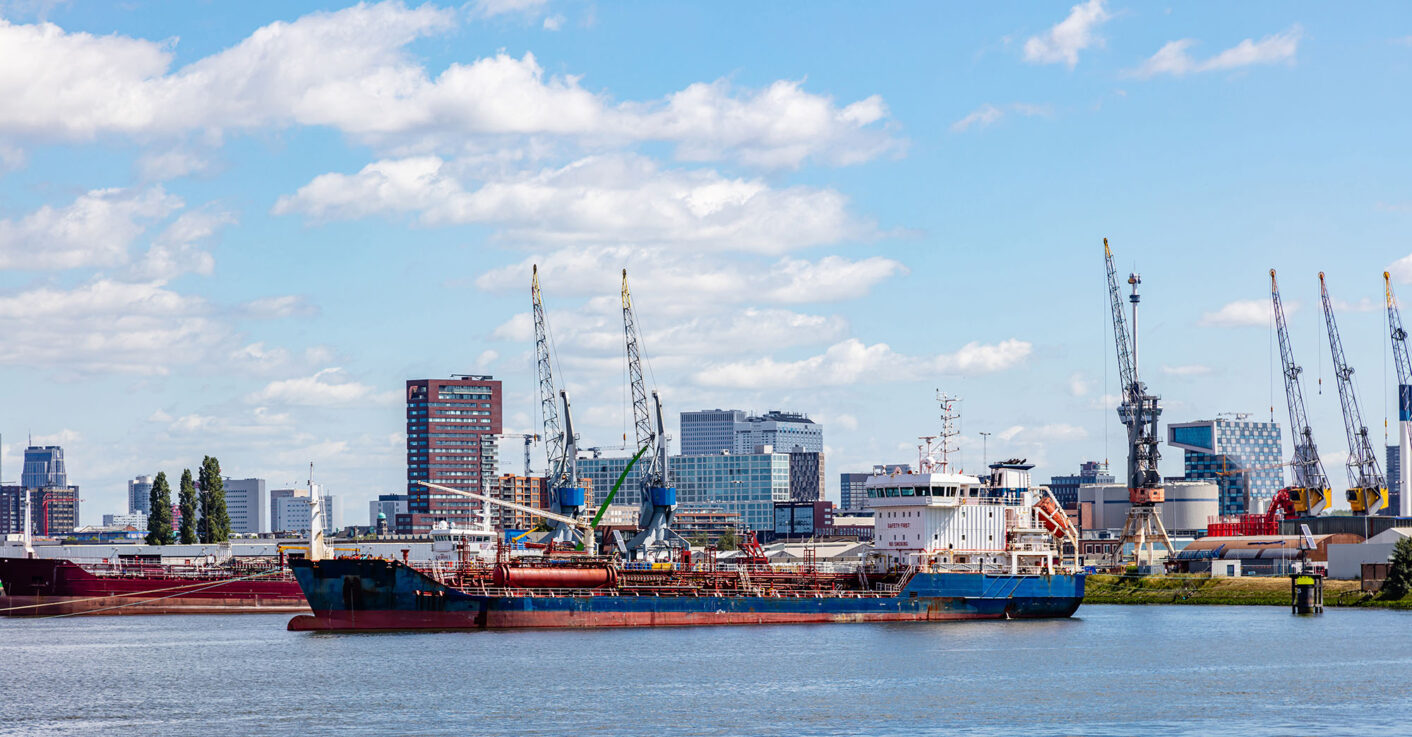Research group
Wireless Communications and Cybersecurity
Our wireless communications and cybersecurity research team develops technologies and testbeds to support the development of secure and resilient critical digital infrastructures on land and at sea.

For the past two decades, the research group has had the same strategy: to develop test platforms and test environments for digitalisation infrastructures to support product and service development in companies and other organisations. The work started in 2005 with testing wireless transmission platforms, followed by a focus on dynamic spectrum use in areas such as cognitive radio devices, and finally, around 2015, a shift to 5G, IoT and security. The research team’s projects built a 5G test network, which is still being used for piloting and testing activities with companies using communication networks.
From 2020 onwards, the work has evolved more towards autonomous systems and cybersecurity.

We want to actively contribute to building a secure and stable economy and society by transferring knowledge and building research infrastructures based on digital technologies for wireless communications and cybersecurity. We are also working hard to become Finland’s leading research organisation for autonomous and remotely piloted maritime surface vessels.
Jarkko Paavola, Executive Lecturer, Research Group Leader, Member of the Waterborne Partnership Board
Key research areas
- Autonomous and intelligent systems: building the knowledge and infrastructure for autonomous and remotely operated marine vessels, including a combination of wireless systems, sensing, connectivity, IoT, cybersecurity, artificial intelligence and machine learning.
- Cybersecurity: developing cybersecurity and cybersecurity training for IoT and industrial systems. Key activities will include cybersecurity testing of complex systems, cybersecurity monitoring and the use of threat intelligence and digital twins for proactive cybersecurity.
The strength of the research group is its multidisciplinary approach to applied RDI activities and close cooperation with other research groups at Turku University of Applied Sciences. Close cooperation with companies and organisations developing and using new technologies is key. We will take human-in-the-loop into account, for example in the form of situational awareness of the monitoring operator in remote drone monitoring/operations or cyber security monitoring.
Research and development infrastructure
We have high-quality research and development laboratories at our disposal. In addition we have developed and built an unmanned surface vessel called M/S Salama. This vessel serves as a test platform for the development of machine learning algorithms and allows us to collect data for machine learning.
We also have a 5G Test Network Turku, which is an essential part of our research into wireless connectivity for remote control and autonomous vessels.
Take a look at our laboratories:
Our goal is to be Finland’s leading research organisation for autonomous surface vessels.

Networks
We are a member of the following cybersecurity organisations:
In the field of autonomous systems, we are a member of
Our Experts
Researcher & work
The research focuses on autonomous vehicles
Full autonomy in maritime transport may already be surprisingly close, says Amin Majd, who conducts applied research in the Wireless communication and cybersecurity research group.

Publication
A handbook for maritime cluster operators
A handbook by Turku University of Applied Sciences and Fintraffic helps maritime cluster operators to protect themselves against cyber threats.

Education
-
Bachelor's Degree, Path Studies
Information and Communications Technology, Bachelor of Engineering
Full-time StudiesTurku
Strong project skills
Turku University of Applied Sciences’ Project Office offers support and guidance throughout the life cycle of an RDI project. Our project experts have years of experience and strong expertise in national and international funding programmes. We have more than 200 projects running every year, and our RDI activities have received more than €10 million in external funding.








